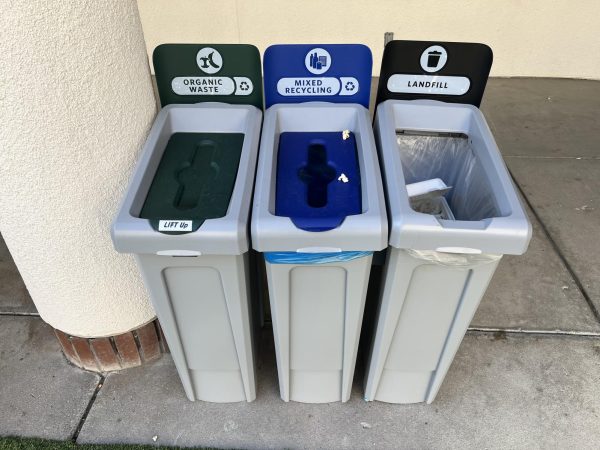Trump Care – Rejected
March 21, 2017
So far, the news surrounding this administration has been, at the very least, incredibly confusing.
Between the news, rumors and fake news I’m not sure what is true and what isn’t. This is why I’m going to break down everything we know so far about the new plan for the Affordable Care Act.
Statistics like “14 million to lose health insurance this year” and “20 million in the next year” have been thrown around way too easily. This is the truth about what has been said.
On Monday, March 6, the Republicans released their plan for repealing and replacing Obamacare.
It is not all change. Republican leaders have said that they plan on keeping three key points from Obamacare: the prohibition on refusing to cover people who have pre-existing conditions, the barring of lifetime coverage capping, and the authorization of young people to remain on their parents’ healthcare plan until they reach 26.
According to The New York Times, “In its place would be a health law that would be far more oriented to the free market and would make far-reaching changes to a vast part of the American economy.” The Times article also explains the following:
However, of course there are new changes.
- In this plan, large companies will no longer be required to offer health insurance to their full-time employees.
- The plan also ensures that insurance companies could increase their premiums by 30 percent.
- Obamacare’s expansion of Medicaid in many states will be rolled back, thus reducing “federal payments for many new beneficiaries.”
- Instead of having a penalty for not having insurance (the “mandate”), there will be a penalty for allowing insurance to lapse.
- In addition, the plan would “undo other major parts of President Barack Obama’s signature domestic achievement, including income-based tax credits that help millions of Americans buy insurance, taxes on people with high incomes and the penalty for people who do not have health coverage” (The New York Times).
Republicans in Congress are not united in support for the plan. Four Republican senators have gone on record to oppose the plan due to the Medicaid rollbacks, fearing for their lower-income constituents. On the other hand, North Carolina Republican Mark Meadows urged Republican leaders to “pursue a clean repeal of the health care law” because it is too similar to Obamacare.
As a result of controversy on both sides, there is no guarantee that the act will pass.
With more and more being released about the new act, we should keep a close watch on what is being released and ensure we are getting our news from reliable sources.















































